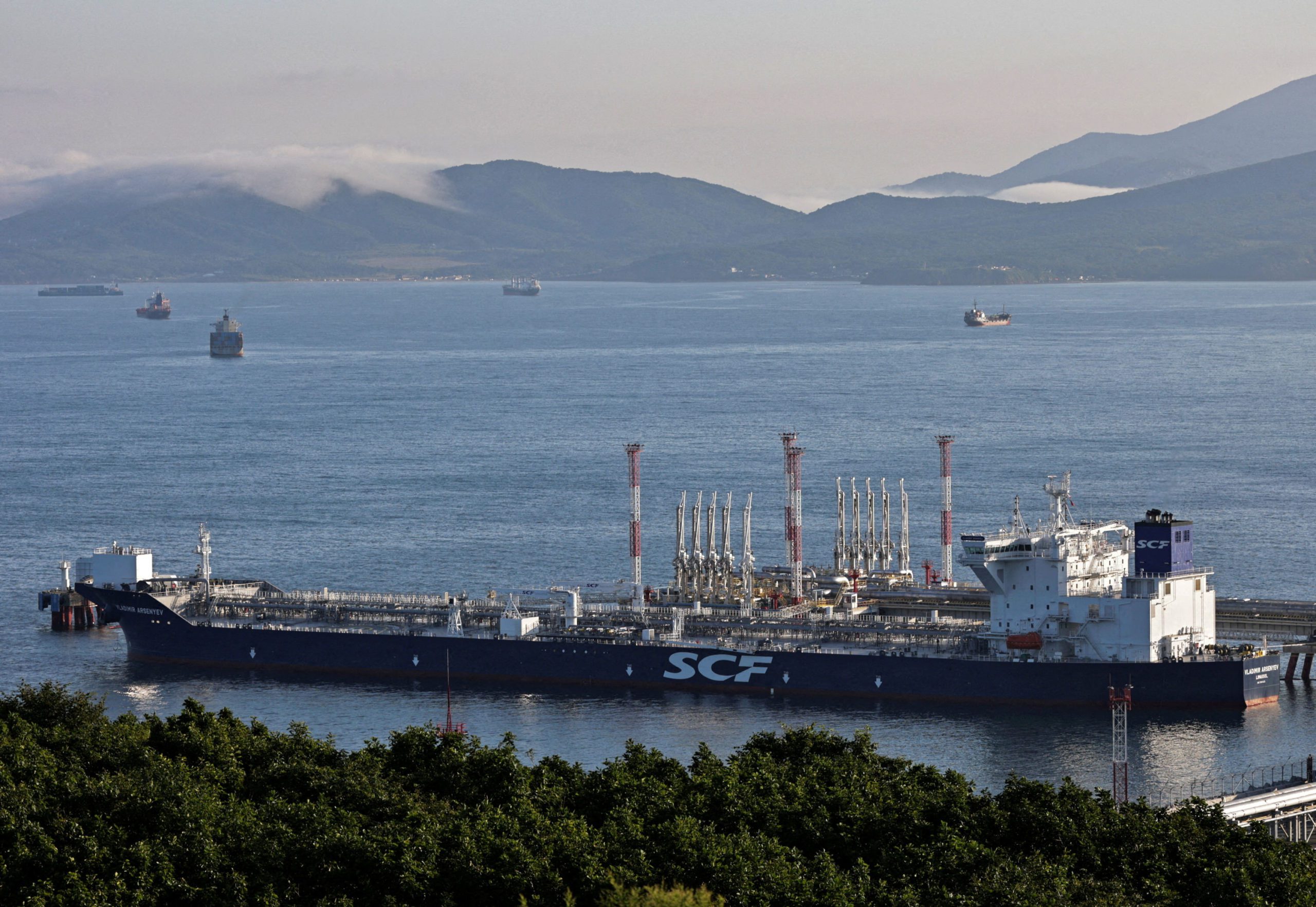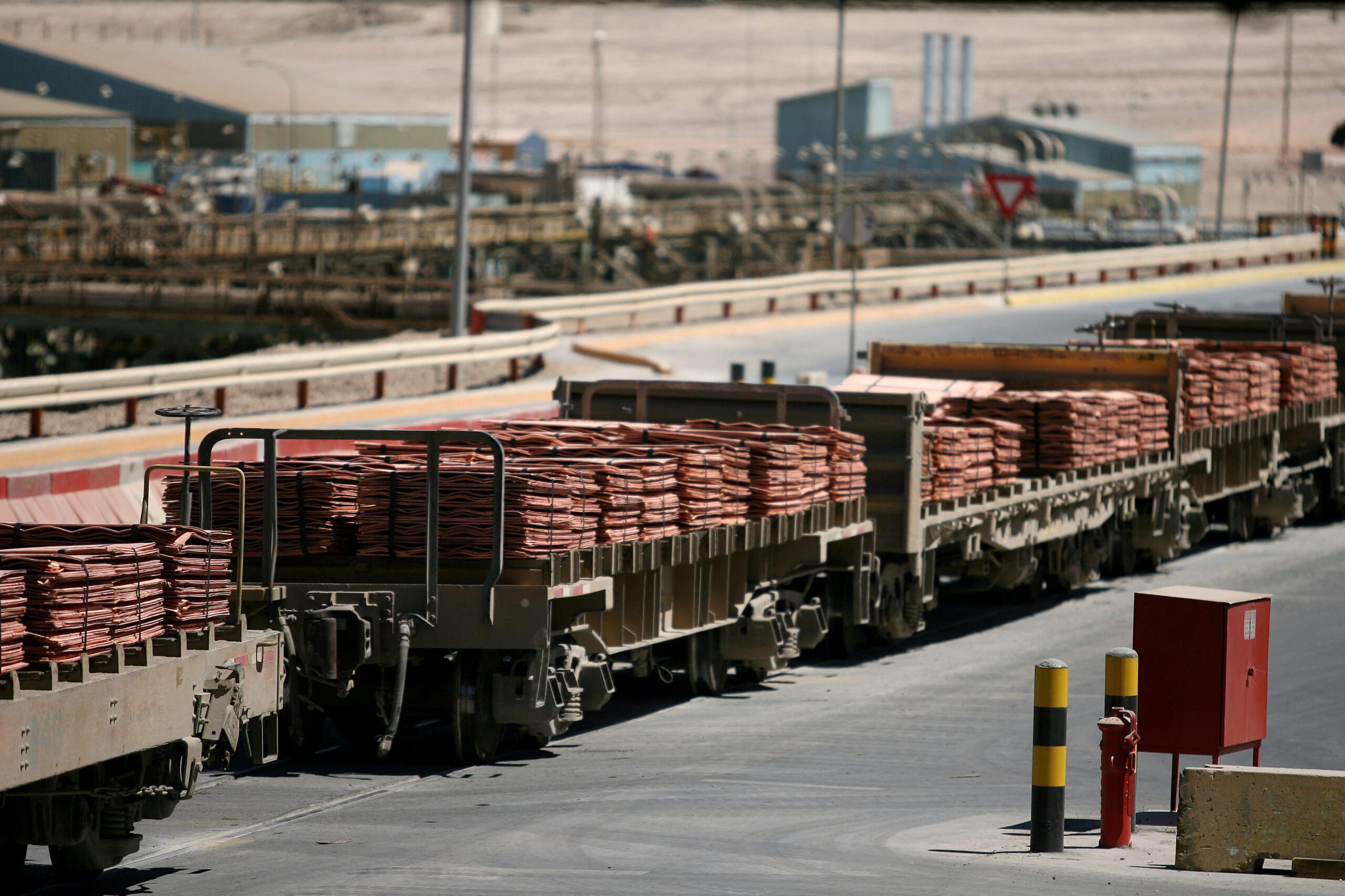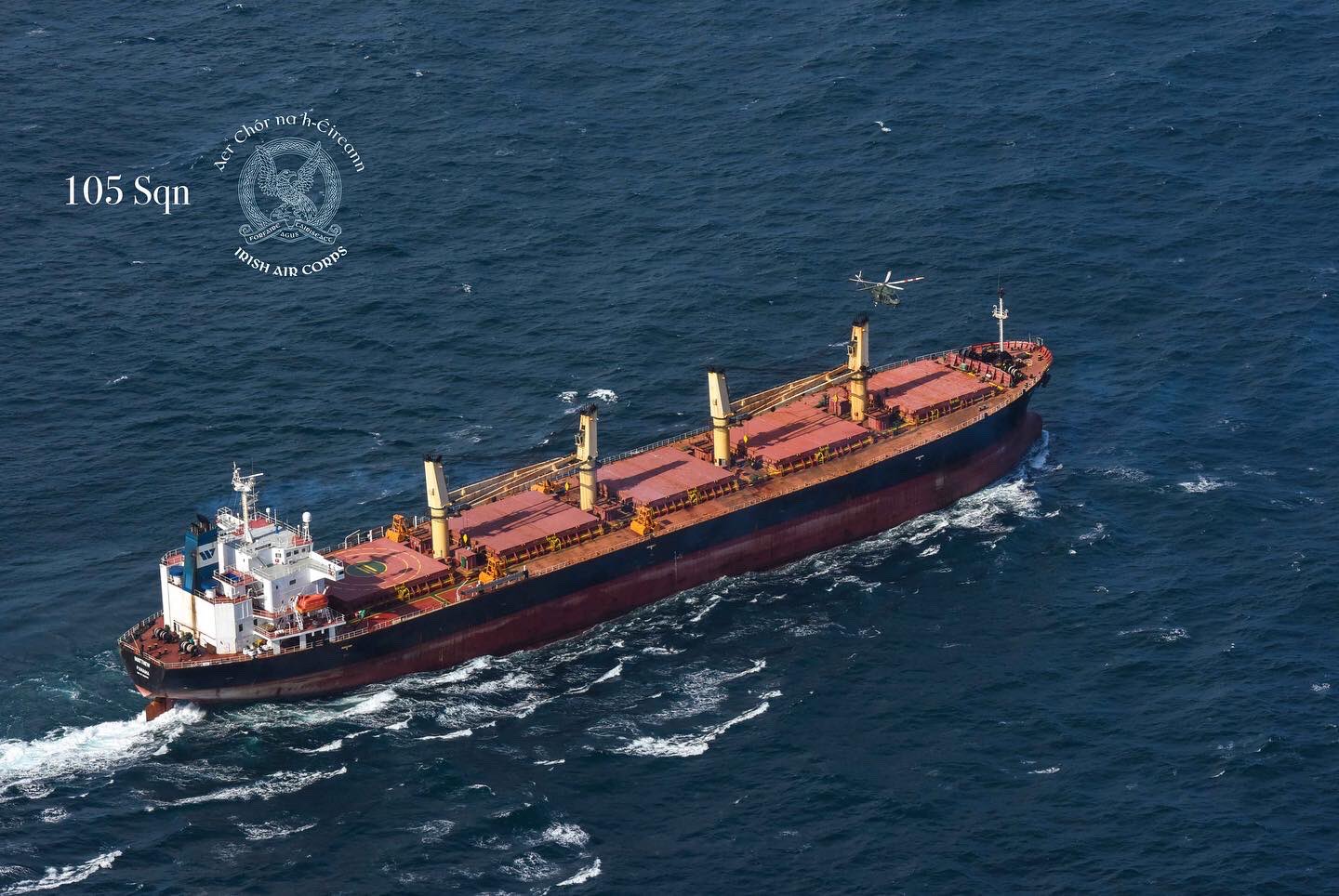By Ewa Krukowska (Bloomberg) European Union diplomats suspended talks on capping Russian oil prices, as Poland and the Baltic states objected to a proposal they consider too generous to Moscow.
Diplomats had expected a deal to be done on Friday night but positions remained entrenched and the talks were postponed to Monday, according to people familiar with the matter.
The bloc has been locked in a fight over how strict the Group of Seven-led price cap should be. Poland and the Baltic nations are outraged at a proposal to cap Russian oil prices at $65 per barrel limit, as the level is above the rates Moscow sells crude now. Poland is demanding additional sanctions, a review mechanism, and a price below the market level, according to a senior diplomat.
With Poland and the Baltic states digging their heels in, the spat has laid bare the fundamental tension at the heart of the price cap idea. Countries are being forced to choose between two priorities that are almost impossible to resolve: trying to choke off revenue to Russia and avoiding potentially painful spikes in the oil price that could damage the global economy.
Related Book: Oil on the Brain: Adventures from the Pump to the Pipeline by Lisa Margonelli
“If you put the price cap too high, it doesn’t really bite,” European Commission Vice President Valdis Dombrovskis said in an interview on Bloomberg TV. “Oil is the biggest source of revenue for Russian budget, so it’s very important get this right so it really has an impact on Russia’s ability to finance this war.”
Shipping nations like Greece favor a higher level that will help keep trade flowing.
The talks have been fraught because at $65, the cap is above the prices that Russia is already accepting for its crude — a level heavily discounted to global benchmarks. That may allow Moscow to argue that it’s business as usual. The Kremlin had said it would refuse to sell oil to anyone signing up to the cap — but on Thursday appeared to hint it could soften its stance.
A deadline is looming: EU sanctions on Russian oil set to kick in on Dec. 5 and the disruption to the market will probably be greater if the price cap isn’t in place.
The EU sanctions would bar access to insurance and services for any ship transporting Russian oil. The cap allows access to those services, but only if the crude is purchased below a certain level. The US proposed the price cap earlier this year as an alternative to EU sanctions that were so strict they risked shutting down swaths of production.
The US argued that a spike in prices caused by EU sanctions could eventually help Putin — as well as being ruinous for the global economy.
Oil prices have fallen in recent days, partly on signs a deal could keep Russian oil flowing, easing the pressure on the global market.
US officials declined to comment on the talks on Friday.
Related Book: Oil on the Brain: Adventures from the Pump to the Pipeline by Lisa Margonelli
By Ewa Krukowska and Alberto Nardelli, With assistance from Jorge Valero, Maria Tadeo and Josh Wingrove. © 2022 Bloomberg L.P.

 Join The Club
Join The Club











